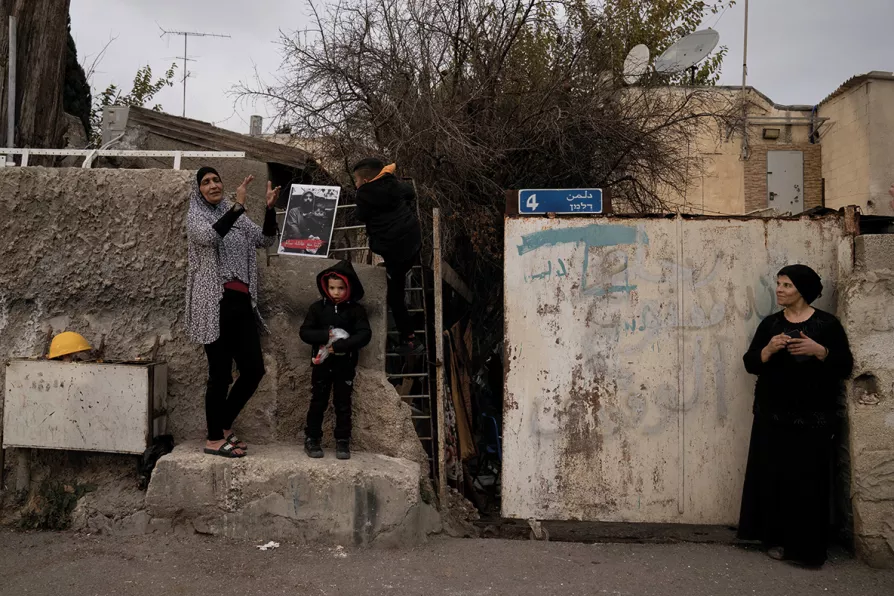MBDA’s Alabama factory makes components for Boeing’s GBU-39 bombs used to kill civilians in Gaza. Its profits flow through Stevenage to Paris — and it is one of the British government’s favourite firms, reveals SOLOMON HUGHES

 Palestinians in East Jerusalem stand watch at a weekly protest against forced expulsion from their homes by Israeli settlers
Palestinians in East Jerusalem stand watch at a weekly protest against forced expulsion from their homes by Israeli settlers
ONCE more, the International Court of Justice (ICJ) will offer a legal opinion on the consequences of the Israeli occupation of Palestine.
A historic UN vote on December 31 called on the ICJ to look at the Israeli occupation in terms of legal consequences, the rights of the Palestinian people to self-determination and the responsibility of all UN member states in bringing the protracted Israeli occupation to an end.
A special emphasis will be placed on the “demographic composition, character and status” of occupied Jerusalem.

With foreign media banned from Gaza, Palestinians themselves have reversed most of zionism’s century-long propaganda gains in just two years — this is why Israel has killed 270 journalists since October 2023, explains RAMZY BAROUD

Gaza’s collective sumud has proven more powerful than one of the world’s best-equipped militaries, but the change in international attitudes isn’t happening fast enough to save a starving population from Western-backed genocide, argues RAMZY BAROUD

RAMZY BAROUD asks why it has taken so long for even left-wing voices in the West to call out what Israel is doing

RAMZY BAROUD explains why the world can no longer ignore Palestine














